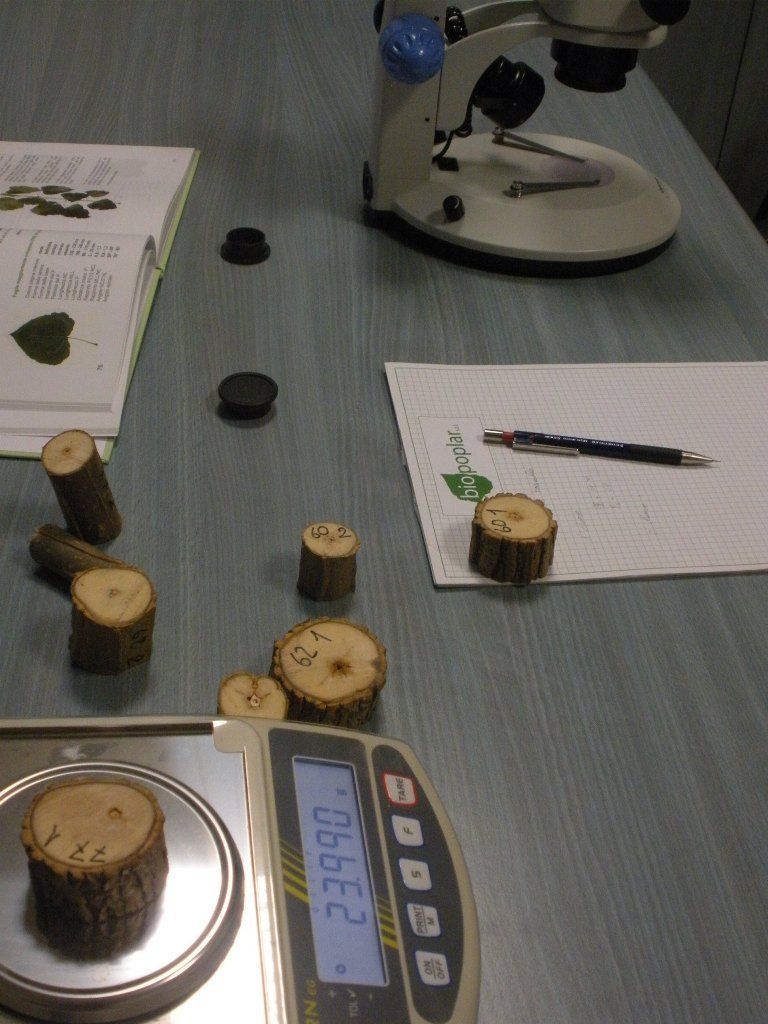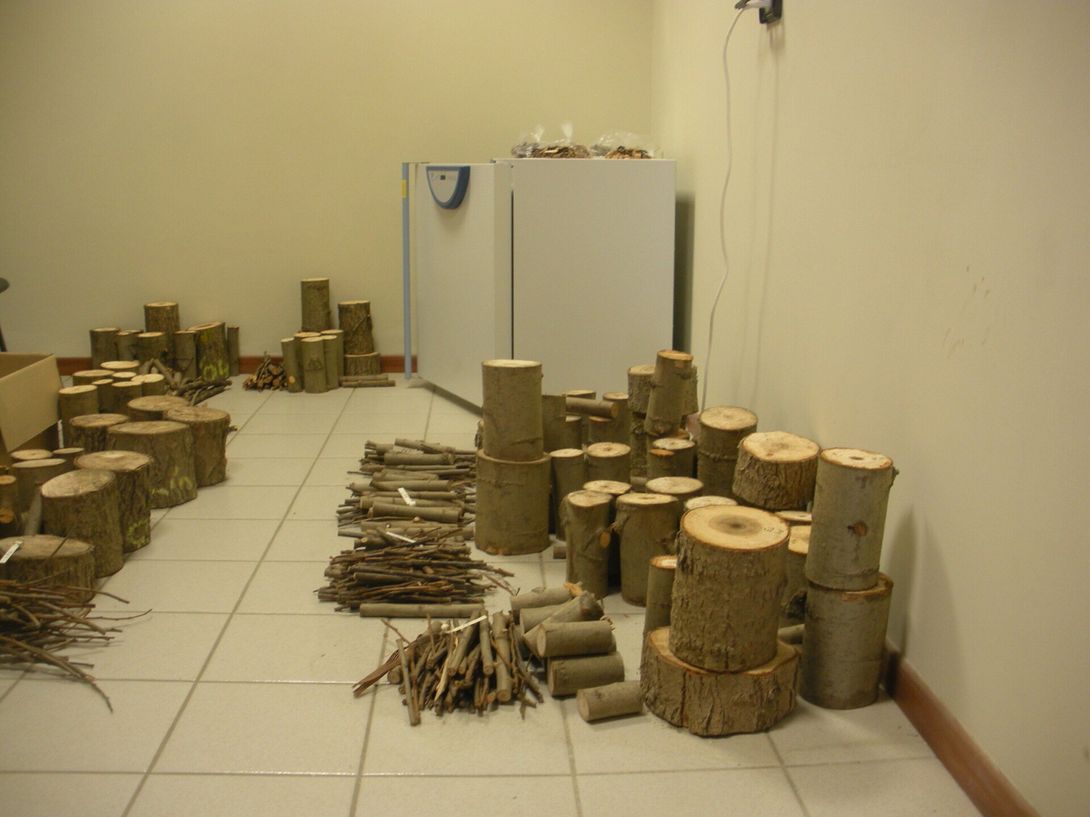New clones
Since the foundation of Allasia Nurseries more than half a century ago, we have been engaged in the continuous selection of wood species suitable for cultivation, characterised from the phenological point of view so that they are economically and productively interesting.
Over time, Biopoplar, our Cavallermaggiore-based company in the province of Cuneo, has created a sector entirely dedicated to research and experimentation, where qualified and experienced agricultural geneticists identify new and performing clonal selections. This constant investment in development has enabled us to make a real leap forward in quality and to offer all-around services.
The genetic improvement programme for energy species
Biopoplar's agricultural geneticists have devised a genetic improvement programme for high-quality energy and industrial plant species as follows:
- collection of starting germplasm in its area of origin;
- characterisation, evaluation and mass selection of parental lines;
- production of genetic variability with controlled hybridisation;
- evaluation of the population obtained for traits of interest to identify genetically superior individuals;
- field testing of selected individuals under different pedoclimatic conditions.
To find out more, contact our headquarters in Cavallermaggiore, in the province of Cuneo in the Piedmont region of Italy.
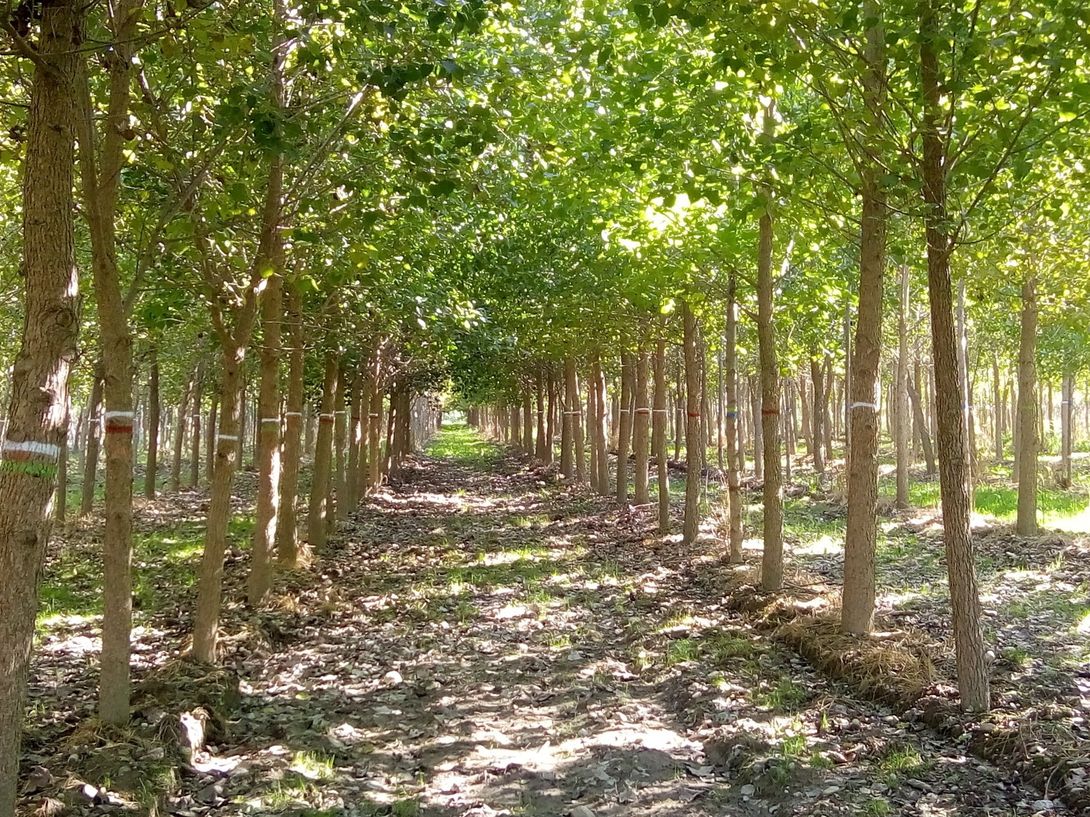
Titolo diapositiva
Scrivi qui la tua didascaliaPulsante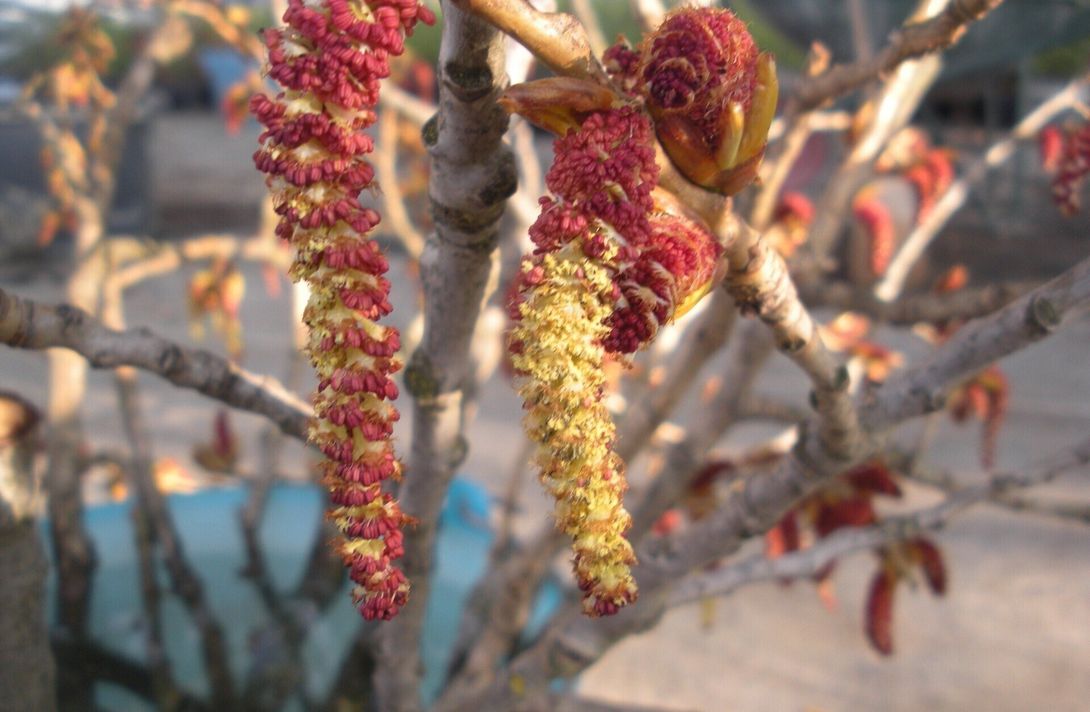
Titolo diapositiva
Scrivi qui la tua didascaliaPulsante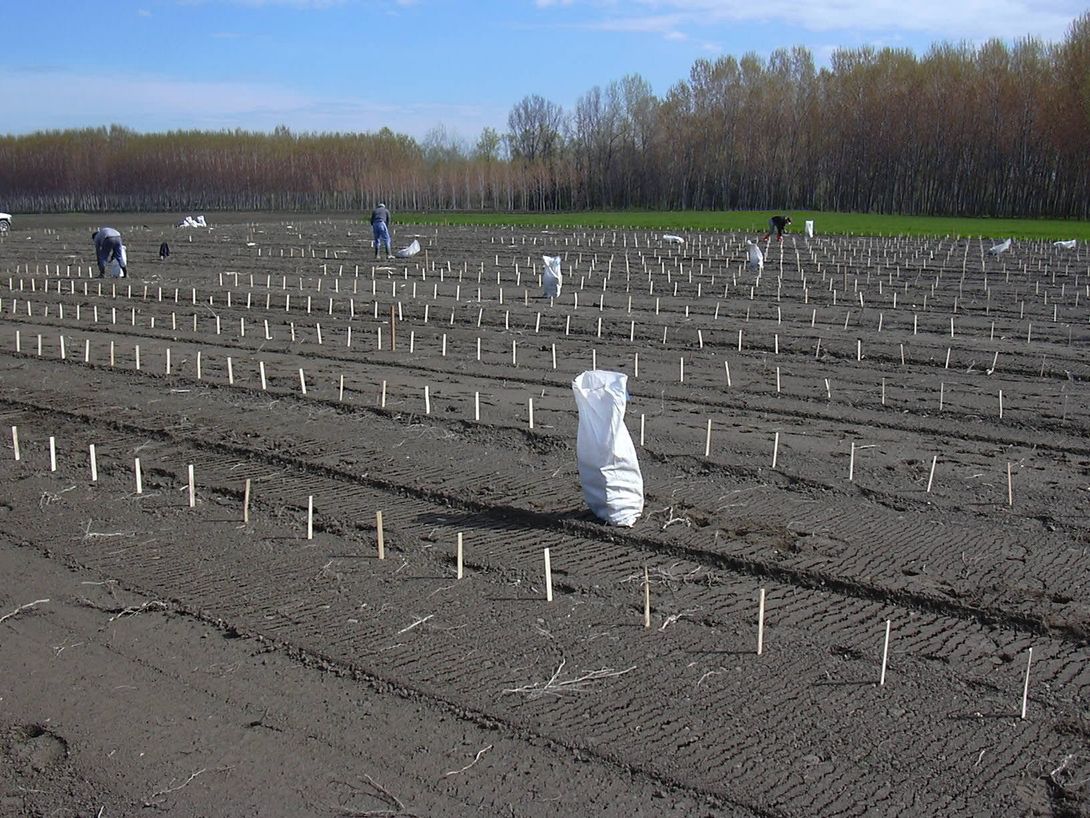
Titolo diapositiva
Scrivi qui la tua didascaliaPulsante
Titolo diapositiva
Scrivi qui la tua didascaliaPulsante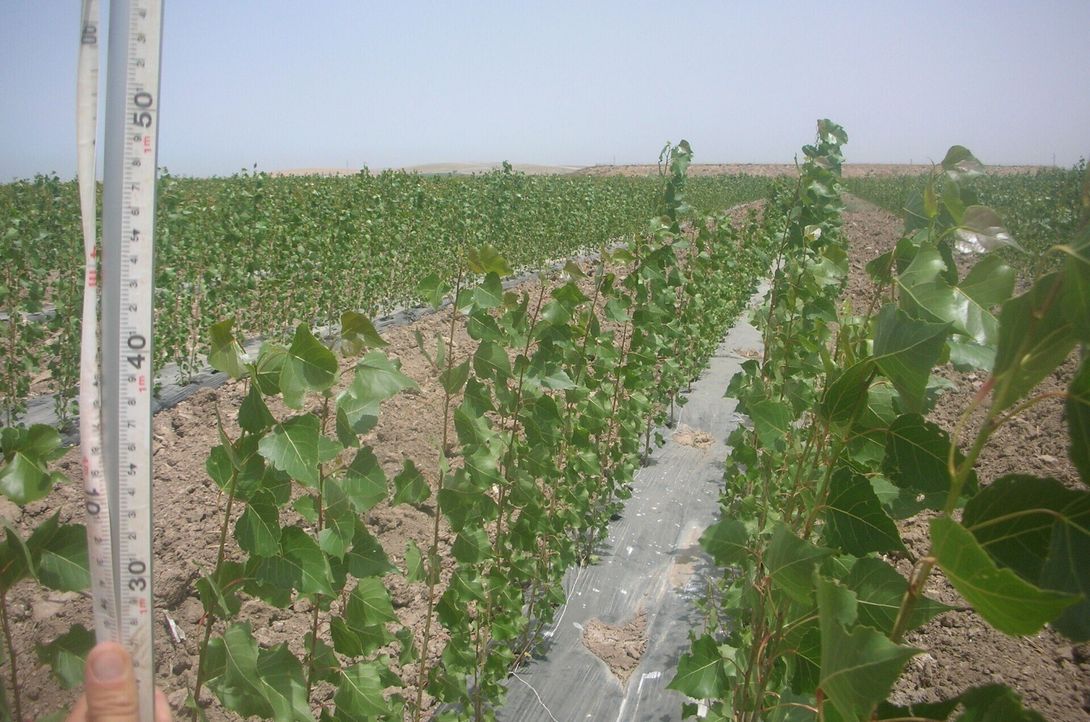
Titolo diapositiva
Scrivi qui la tua didascaliaPulsanteTitolo diapositiva
Scrivi qui la tua didascaliaPulsante
Traits subject to genetic improvement
The genetic improvement programme devised by Biopoplar's agricultural geneticists focuses on several species traits.
Our company aims to improve the following physiological traits:
- rooting capacity;
- growth rapidity;
- resistance to biotic and abiotic stresses;
- ability to regrow after repeated coppicing;
- phenology.
The technological traits covered by the programme, on the other hand, are basal density and wood quality.
Headquarters
Località Sant’Isidoro 97
12030 Cavallermaggiore (CN)
Contact details
Tel. +39 0172 389001
Fax +39 0172 389693
Coordinates: 44°42'29,92"N and 7°40'38,48"E
VAT Reg No. 03241030042
|
Legal information
|Privacy Policy and Cookie Policy



